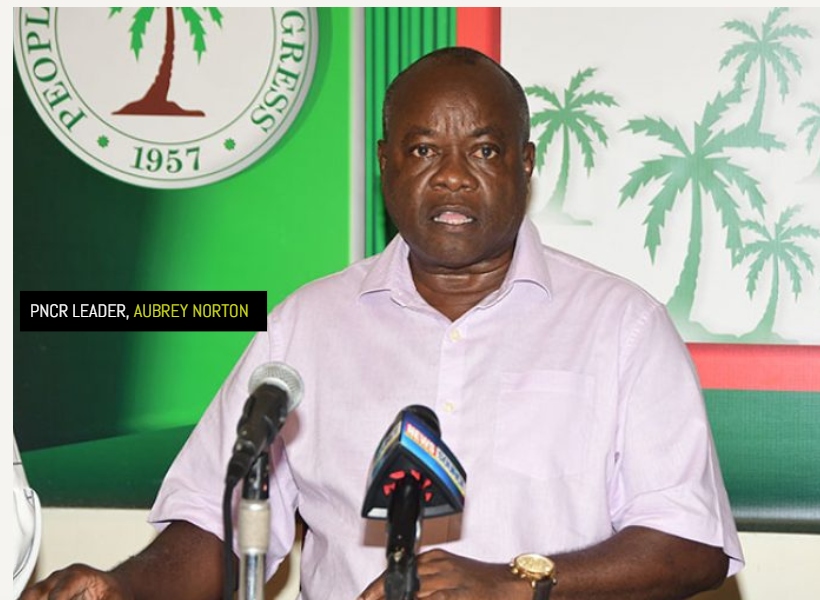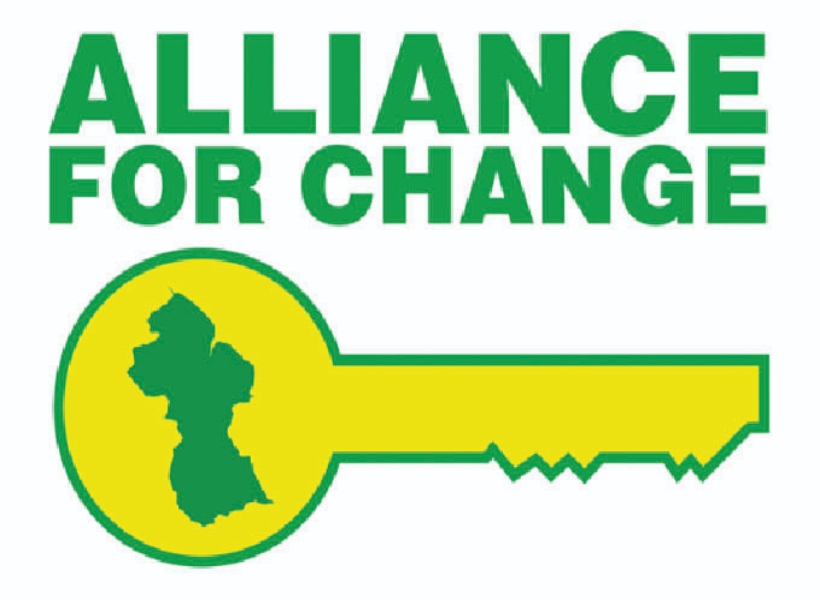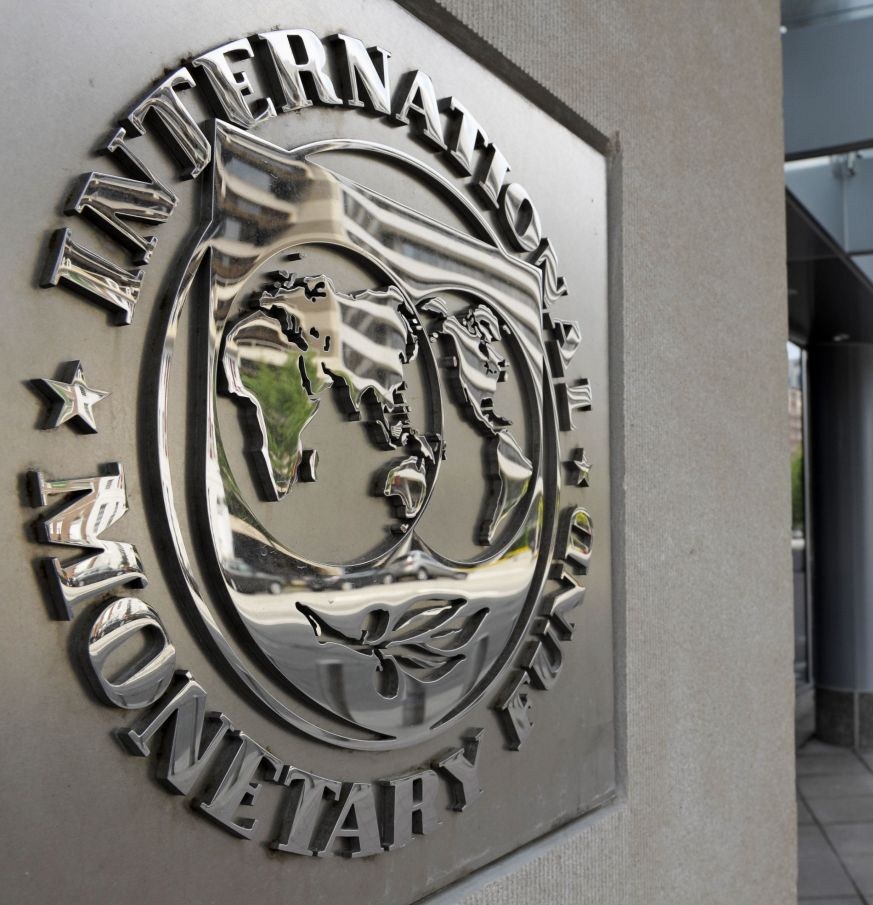The International Monetary Fund (IMF) has applauded the APNU+AFC administration for the passage of legislation to allow for the establishment of a Natural Resource Fund (NRF). It said that this underscores the government’s commitment to fiscal responsibility. But in the eyes of the IMF, it appears that this is not enough. To ensure more transparency and accountability, the IMF team that visited Guyana wants the government to introduce a framework that would put tighter controls on borrowing from the NRF.
The Natural Resource Fund was introduced to be a special account to hold the nation’s oil earnings. It will also hold revenue from the forestry and mining sectors.
According to a statement it released today, the IMF said, “To ensure fiscal responsibility is achieved, the mission recommends complementing the NRF legislation with a fiscal framework that constrains borrowing and achieves a balanced budget in the near to medium term.”
To achieve this target, the IMF said that the annual non-oil deficit should not exceed the expected transfer from the NRF. The Fund stressed that this would ensure that excessive public expenditure will not lead to debt growing at the same time as the NRF accumulates.
Further to this, the financial institution said that it is also necessary to preserve the spirit of the NRF framework, which appropriately aims to save part of the income from oil as net wealth for future generations.
The visiting IMF team said that the pace of scaling-up public spending needs to be gradual to reduce bottlenecks from absorptive capacity constraints, avoid waste, and minimise macroeconomic distortions related to “Dutch” disease that has often inflicted economies experiencing sizable increases in resource-based income.
The staff team from the International Monetary Fund was led by Mr Arnold McIntyre. They visited Georgetown during June 3–14 to hold discussions for the 2019 Article IV Consultation. The team met with Prime Minister Moses Nagamootoo, Finance Minister Winston Jordan, Minister of Legal Affairs and Attorney General Basil Williams, Central Bank Governor Gobind Ganga, other senior officials, representatives from the private sector, banks, the opposition party, labour unions, and other stakeholders.











